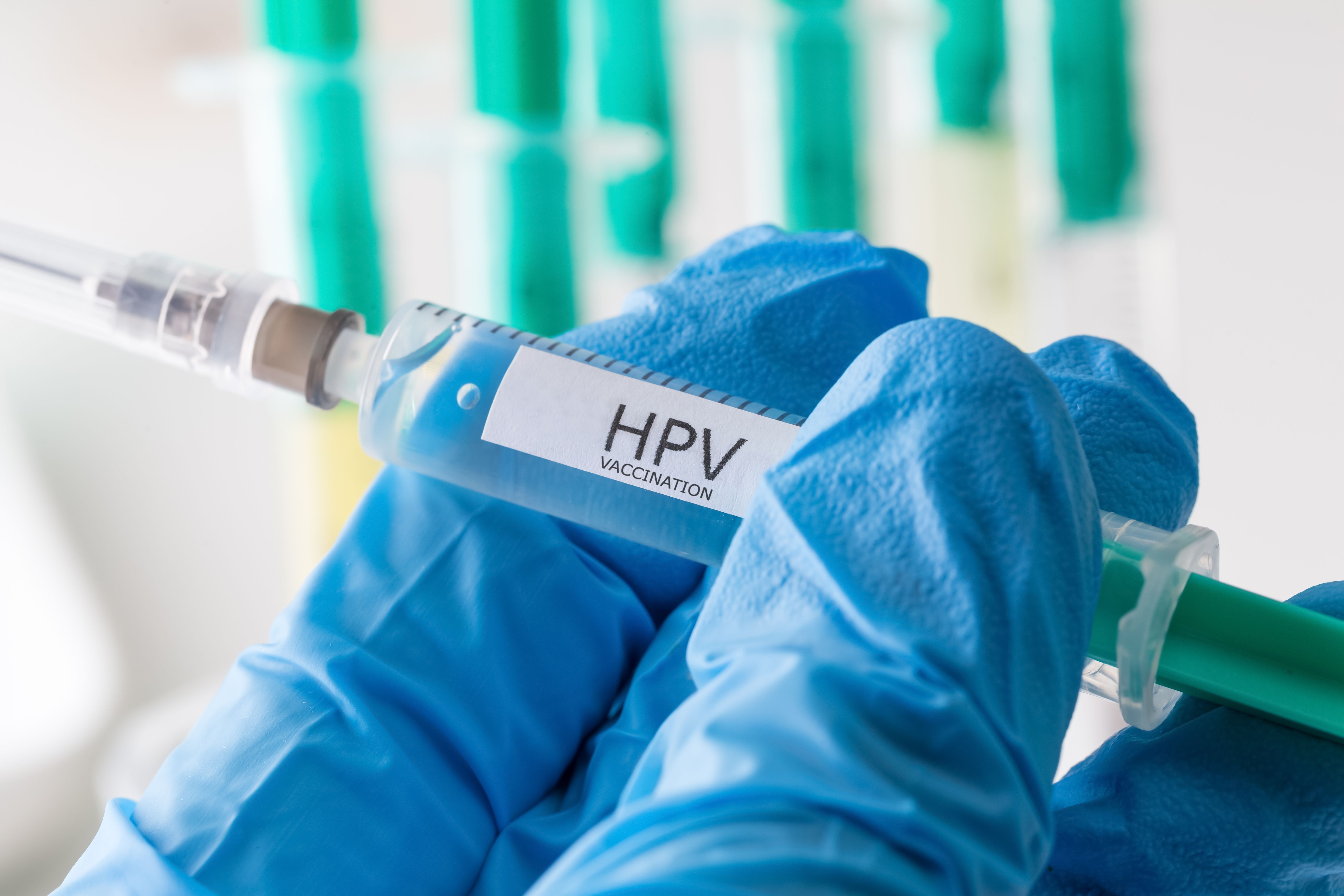Individuals with liberal political ideologies had the highest human papillomavirus (HPV) and HPV vaccine awareness levels compared with other political ideologies, according to a study published in Human Vaccines & Immunotherapies.
Political ideology influences health behaviors and practices, which may impact knowledge and awareness of health issues, the researchers noted. They explained that a past study found Democrats had greater confidence in COVID-19 and HPV vaccines and were more likely to receive them than Republicans. Despite past studies, they noted a lack of recent research on the association between political ideology and HPV awareness.
“Understanding the association between political ideology and HPV awareness is important for tailoring public health interventions to different political groups to increase vaccine uptake,” the authors wrote. “Such interventions may help to address the suboptimal HPV vaccination rates in the US and ultimately reduce the burden of HPV-associated cancers.”
Consequently, the researchers explored the association between political ideology and awareness of HPV and HPV vaccination to provide insight for public health practitioners to design effective interventions that consider political ideology. Based on past study findings, they hypothesized that conservative participants would have lower levels of HPV and HPV vaccine awareness and liberals would have increased odds of HPV and HPV vaccine awareness.
The researchers created their study population based on data from the Health Information National Trends Survey (HINTS) 5 Cycle 4 (H5C4), which was conducted from February 24, 2020, to June 15, 2020. They explained that HINTS is a nationally representative survey of US adults by the National Cancer Institute (NCI) administered every 3 years since 2003, collecting information on cancer prevention, diagnosis, and related beliefs, screenings, and health behaviors.
doctor holding an HPV vaccine | Image credit: Tobias Arhelger – stock.adobe.com.

The study population consisted of 3418 adult respondents that provided data on political ideology and HPV/HPV vaccine awareness. A survey prompt helped the researchers identify participants’ political ideology, and survey questions examined participants’ HPV and HPV vaccine awareness. Of the participants, 2159 (66.1%) and 2080 (62.3%) were aware of HPV and HPV vaccines, respectively. The population consisted of 1179 (36.9%) moderates, 1044 (29.7%) liberals, and 1195 (33.4%) conservatives.
The researchers found the highest awareness levels among liberals, as 77.1% and 72.1% of them reported HPV and HPV vaccine awareness, respectively. In comparison, 63.6% and 58.3% of moderates reported awareness of HPV and HPV vaccines, respectively, and 59.0% and 57.6% of conservatives reported HPV and HPV vaccine awareness.
In comparison with moderates, liberals were more likely to be aware of HPV (adjusted odds ratio [AOR], 1.94; 95% CI, 1.25-3.00) and HPV vaccines (AOR, 1.94; 95% CI, 1.37-2.74). Additionally, liberals had higher odds of HPV (AOR, 2.41; 95% CI, 1.65-3.51) and HPV vaccine awareness (AOR, 1.91; 95% CI, 1.29-2.83) compared with conservatives.
“Our findings confirmed our study hypothesis by demonstrating that among the political ideologies examined, conservatives had the lowest levels of awareness regarding HPV and the HPV vaccine,” the authors wrote. “Also, liberals exhibited significantly higher odds of HPV awareness compared to both conservatives and moderates.”
The researchers explained that the connection between HPV awareness and political ideology is associated with various factors, including contrasting media coverage of the HPV vaccine on conservative vs liberal media outlets. They noted that advocacy groups promoting the HPV vaccine, and states mandating it for school enrollment, caused a highly charged political environment where the vaccine became controversial, which was amplified by partisan news outlets presenting the vaccine in a polarized manner, emphasizing its risks and downplaying its benefits.
They acknowledged several limitations to their study, one being that the estimated lack of HPV-related awareness may be prone to overestimation. This is because participants could have possibly provided nonaffirmative responses to questions assessing HPV-related knowledge because of factors like misunderstanding or misinterpretation of the questions.
Despite the limitations, the authors explained that their findings provide a foundation for further research and targeted intervention development to improve HPV-related knowledge and awareness among political groups. The authors identified future areas to explore, including differences in exposure to health information, beliefs about the safety and efficacy of vaccines, and attitudes toward vaccination and government health initiatives.
“It is critical for government health agencies to develop effective public health interventions that can increase awareness and uptake of HPV vaccination in the US,” the authors wrote. “This is particularly important given the significant burden of HPV-associated cancers and the availability of a safe and effective vaccine.”
Reference
McKenzie AH, Shegog R, Savas LS, et al. Parents’ stigmatizing beliefs about the HPV vaccine and their association with information seeking behavior and vaccination communication behaviors. Hum Vaccin Immunother. 2023;19(1):2214054. doi:10.1080/21645515.2023.2214054